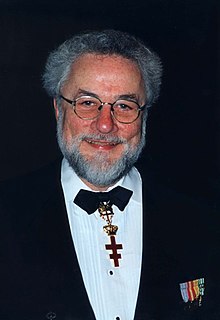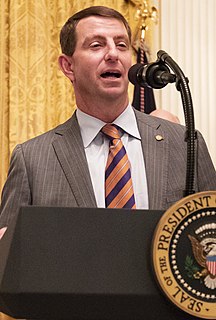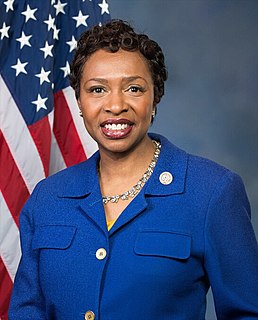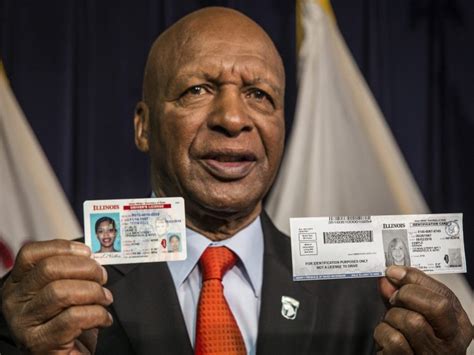A Quote by Jason Whitlock
Martin Luther King Jr. was a Southern, conservative minister who believed in the American promise. His dream was patriotic and traditional. Family, work, self-determination and religion comprised his core values.
Related Quotes
The American Dream is individualistic. Martin Luther King's dream was collective. The American Dream says, "I can engage in upward mobility and live the good life." King's dream was fundamentally Christian. His commitment to radical love had everything to do with his commitment to Jesus of Nazareth, and his dream had everything to do with community, with a "we" consciousness that included poor and working people around the world, not just black people.
Now, I say to you today my friends, even though we face the difficulties of today and tomorrow, I still have a dream. It is a dream deeply rooted in the American dream. I have a dream that one day this nation will rise up and live out the true meaning of its creed: we hold these truths to be self-evident, that all men are created equal. Martin Luther King Jr Quotes.
I still hear people say that I should not be talking about the rights of lesbian and gay people and I should stick to the issue of racial justice. But I hasten to remind them that Martin Luther King Jr. said, 'Injustice anywhere is a threat to justice everywhere.' I appeal to everyone who believes in Martin Luther King Jr.'s dream to make room at the table of brother- and sisterhood for lesbian and gay people.
[Martin Luther King, Jr.] would want us to celebrate him, his birth, and his legacy by acting upon his agenda, by realizing the dream, by making the minimum wage a living wage, by having not just family and medical leave, but paid sick leave for our workers, [and] by having quality, affordable child care so that our families, the power of women can be unleashed in our economy and in our society.
Every now and then I think about my own death, and I think about my own funeral. [...] Every now and then I ask myself, 'What is it that I would want said?' I'd like somebody to mention that day, that Martin Luther King, Jr., tried to give his life serving others. I'd like for somebody to say that day, that Martin Luther King, Jr., tried to love somebody.
I remember back in the 1960s - late '50s, really - reading a comic book called 'Martin Luther King Jr. and the Montgomery Story.' Fourteen pages. It sold for 10 cents. And this little book inspired me to attend non-violence workshops, to study about Gandhi, about Thoreau, to study Martin Luther King, Jr., to study civil disobedience.
We [Americans] know Martin Luther King Jr. as a statue. We know him as a holiday. We know him as a speech. We don't know him as a man. Most people don't even know the whole speech, just "I have a dream." They don't know what his speaking voice was like, how he looked at his wife, or that he had four kids.
































